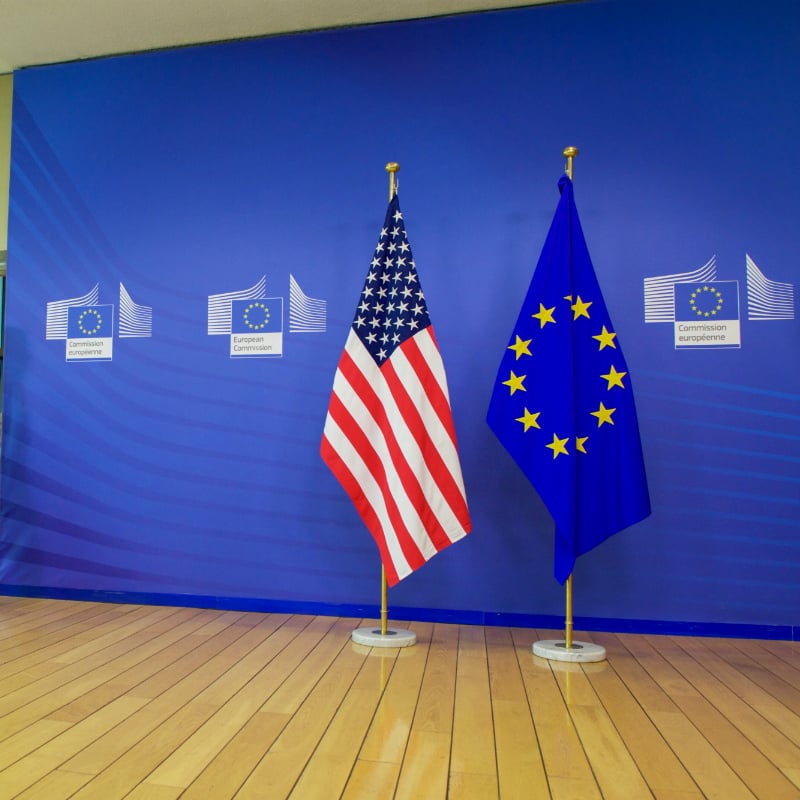Published:

On October 1st, the United States was authorized by the World Trade Organization (WTO) to impose $7.5 billion in tariffs on EU goods, primarily aircraft and agricultural items. The Trump administration’s justification for this measure is due to claims that countries within the EU were illegally subsidizing the European owned aircraft producer, . Since the aircraft industry is dominated by two companies—, a U.S. company, and Airbus—the move to impose tariffs was to protect the interests of Boeing. This decision comes behind numerous complaints filed through the WTO on behalf of the U.S., . It is widely considered the . Despite reports from Airbus affirming they are now compliant with WTO rules regarding subsidies from the EU, the U.S. proceeded forward with the implementation of tariffs.
EU representative Cecilia Malmstrom U.S.-imposed tariffs “short-sighted and counterproductive.” It is also the expectation that the EU responds with tariffs of their own, as French Finance Minister Bruno Le Maire if American tariffs take effect, Europe will “not have any other choice but to also take measures.”
While the objective of the tariff is to benefit the United State’s global economic position, Airbus executive Guillaume Faury hitting aircraft with import duties will result in a disruption of industry costs and will ultimately hurt the U.S. With Airbus employing about 275,000 people in the U.S., it is certainly a situation worth monitoring as trade talks could impact employment and Airbus’ standing within the U.S..
Unlike China, where President Xi Jinping is the unyielding decision-maker, the United States requires a , which can make negotiations particularly difficult. In addition, with Brexit heating up this week and , it will be interesting to see how those stories factor into trade negotiations.
There is little likelihood a settlement is reached anytime soon, as Europe continues to press the Trump Administration on delaying tariffs. The EU wants to wait on the WTO arbitration panel decision on U.S. actions relating to subsidizing Boeing, which releases spring 2020. The difference, however, is that the penalty for This has resulted in conflict between the EU and WTO, as the EU threatens to pursue WTO-illegal actions if the U.S. imposes the WTO-sanctioned tariffs. This should make for a highly-contested standoff that won't be fully resolved until later next year.
File under